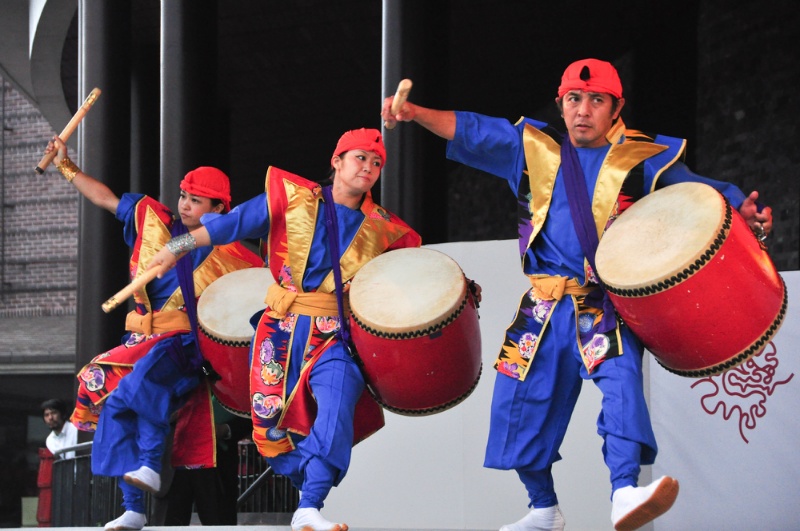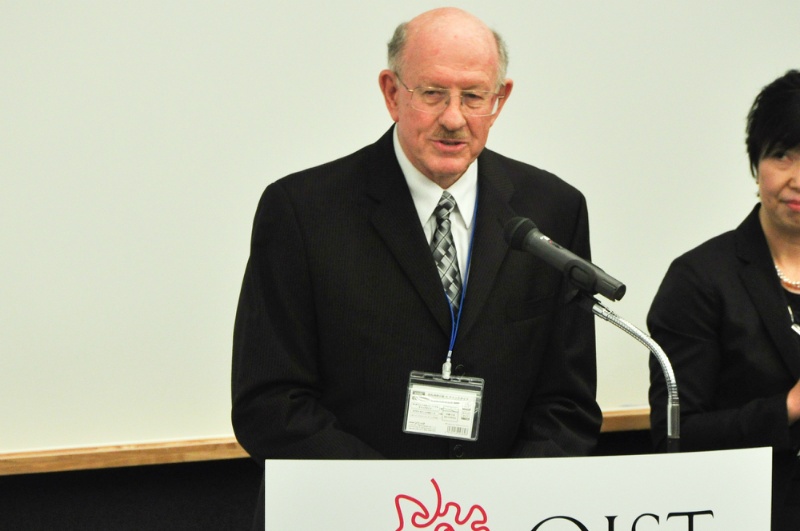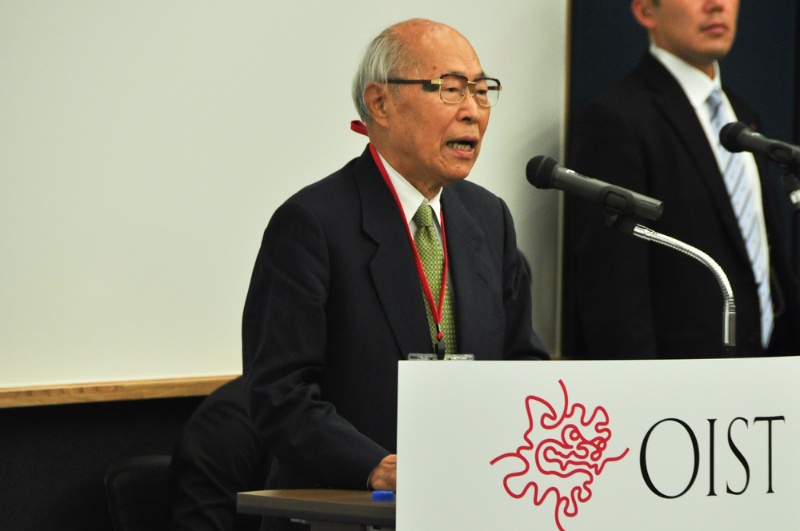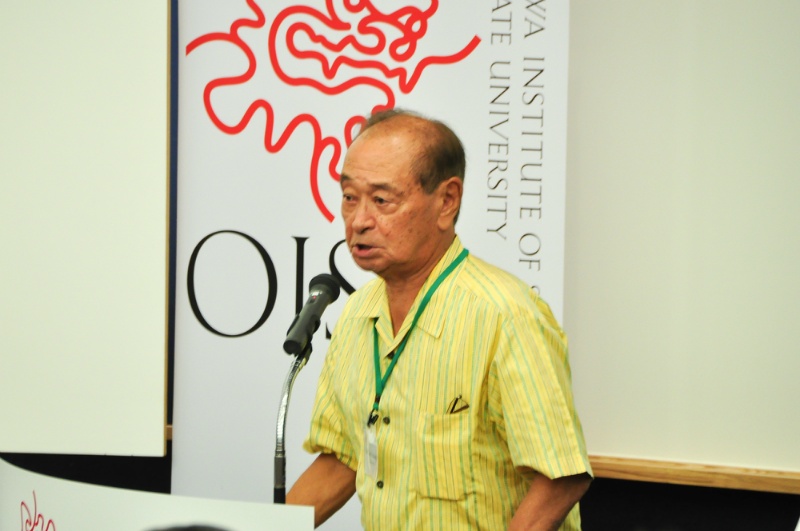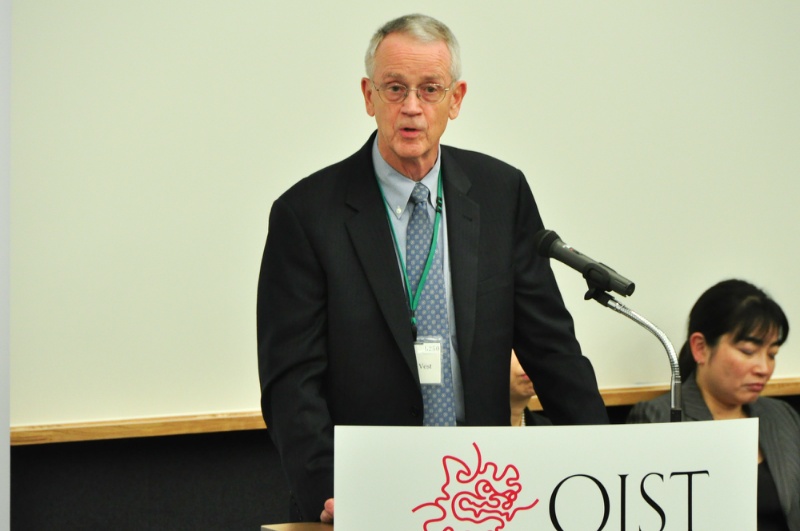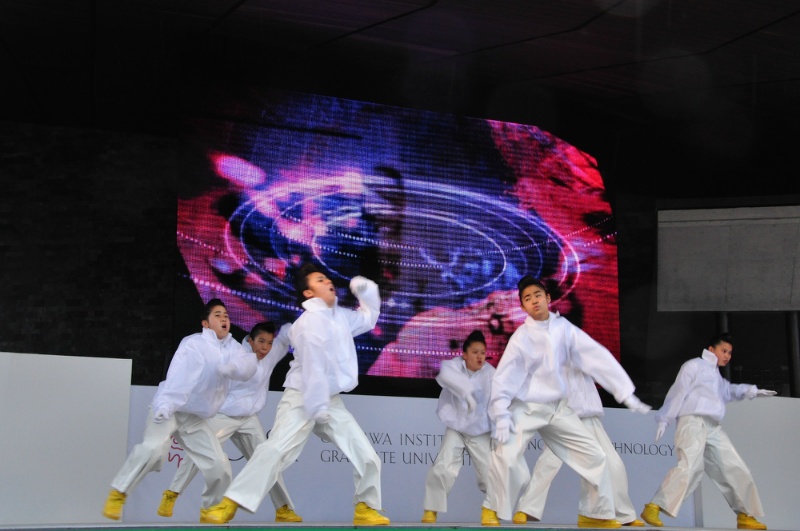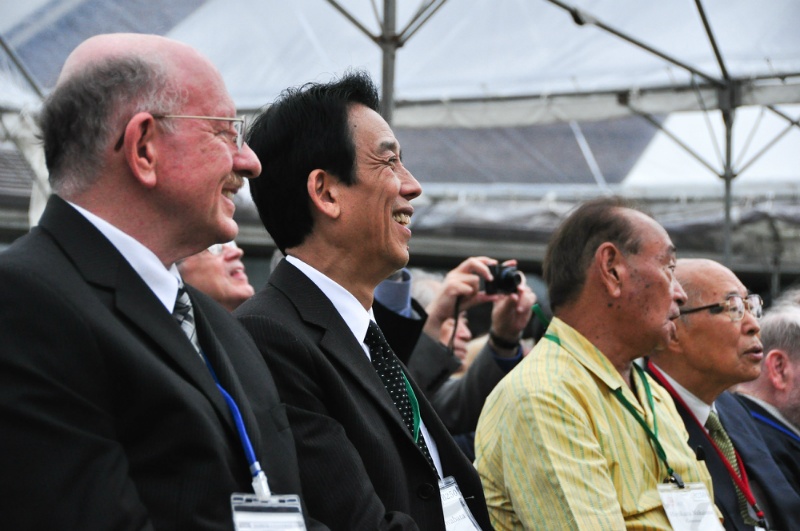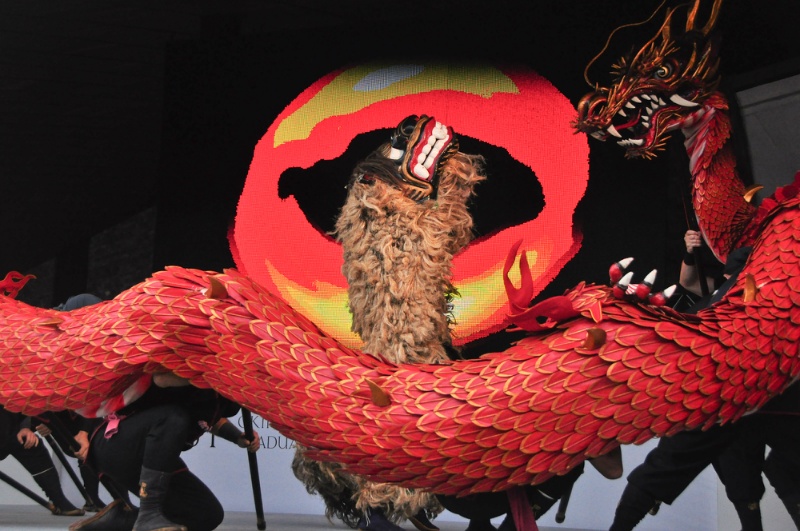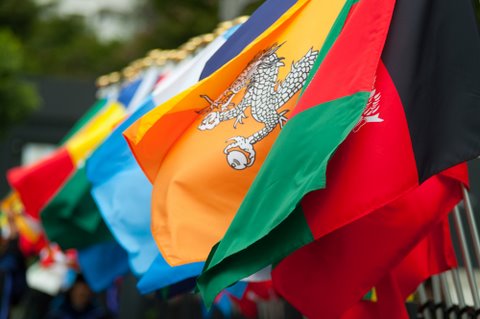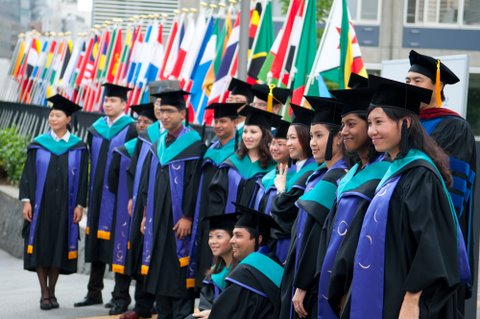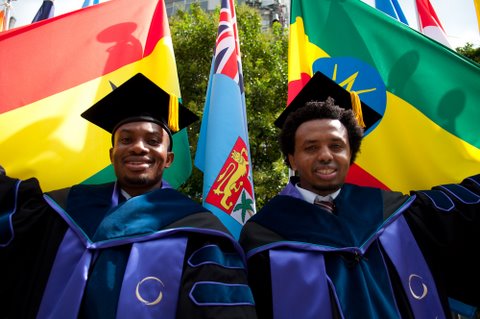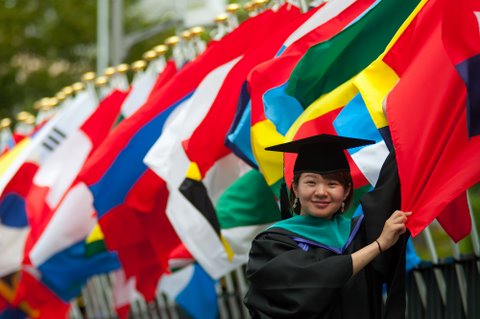I have introduced OIST (Ref.1) to you several time in this site. Now, OIST is officially approved as a graduate university starting from November 1st, since the government has given permission.
In Japan, as well as in other countries, we have been discussing much about the reform of universities or researches to address today’s needs. However, at least from my perspectives, nothing has changed much. I have been pointing this out every now and then in my web site whenever appropriate.
On November 18th, the first board meeting as a university was held at OIST. I have been supporting this project from the start, so I attended and joined in the seminar in the morning of 19th where four researchers gave presentations. The presenters introduced to the audience new type of researches which were not only interdisciplinary, but also had great scale of scopes. The researchers from the world who were at the seminar were apparently very impressed. It is our earnest hope that we promote such unique researches open to the world that will contribute to the solution of global issues, as well as to nurture young researchers of the next generation equipping them with both the mind set and power to take action for such solutions.
In the afternoon, the inauguration ceremony was held. Mr. Tatsuo Kawabata, current Minister of State for Okinawa and Northern Territories Affairs, Mr. Koji Omi, the first person who came up with the idea of this project, and Ms. Yuriko Koike, the Minister prior to Mr. Kawabata were among the guests. From Okinawa, Governor Hirokazu Nakaima, Mr. Keiichi Inamine, the former Governor were present. Many more from in and out of Japan attended the ceremony. The list of main participants should be available for your reference at the website of OIST.
There were four speeches at the ceremony. Among them, the one I particularly liked was the speech given by Dr Charles Vest, President of the National Academy of Engineering, who served for 14 years as the President of MIT, as a message addressed to this new Graduate University, titled “On Universities of the 21st Century.” I understand that those speeches will be uploaded on the website of OIST soon.
It was a pity that the weather was a bit rainy this day, that the ceremony had to move its place from the wonderful courtyard to the auditorium. However, we had a small intermission of the rainfall in the afternoon, and we enjoyed for about 20 minutes dance performance and such at the courtyard.
